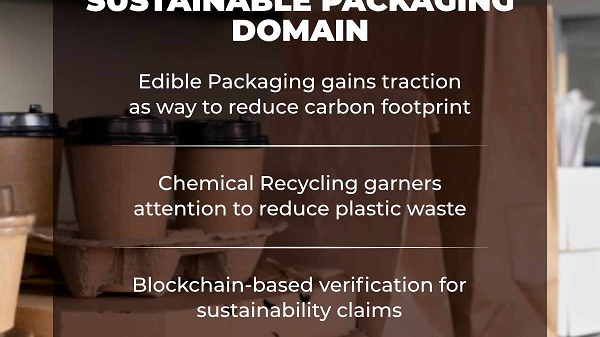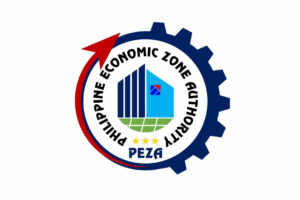THE Philippine Institute for Development Studies (PIDS) urged legislators to reinstate the 5% royalty on gross output of mineral products, citing the need to collect more revenue from miners.
“As it stands, the revenue from mining activities accruing to local and national counterparts seems inadequate. Further lowering taxation is counter-intuitive from aspirations related to social and environmental justice,” Sonny N. Domingo, PIDS senior research fellow, and officer-in-charge of its research information department, said in a position paper.
Under House Bill (HB) No. 8937, which was approved last year, large-scale metallic mining operations inside mineral reservations will pay the government 4% of their gross output, lower than the current 5%.
The Department of Finance (DoF) also proposed to reinstate the 5% royalty for large-scale metallic mining operations inside mineral reservations.
Mr. Domingo also cited the need for value-adding activities like domestic processing of mineral ores. “The country has been losing billions from sub-optimal valuation/pricing of exported raw mineral ores,” PIDS said.
The think tank noted that minerals like scandium, manganese, chromium, and aluminum oxide are undervalued in raw form.
Mr. Domingo also proposed to impose a 7.5% royalty on the export of unprocessed nickel and raw mineral ores, similar to rates in Western Australia.
“The imposition of an export tax on unprocessed mineral ores may catalyze or incentivize investment in local processing and value-adding industries,” he said.
Meanwhile, PIDS noted that current mining laws do not account for small-scale miners, which mostly operate “extra-legally.” He cited how gold is continuously sold onto the black market in the absence of government intervention.
“Taxation for small-scale gold mining can be levied at the milling or processing plants where gold is extracted from mined ores if taxation at the point of sale is not feasible,” Mr. Domingo said.
The Bangko Sentral ng Pilipinas must also look into the creation of more buying centers for mining products, he said. It may consider having “appropriate buyer accreditation mechanisms to counter the ease and accessibility offered by informal markets to miners.”
HB 8937 must also recognize distinctions for artisanal, small-scale, and large-scale mining operations, Mr. Domingo said.
The proposed Mining Fiscal Regime is among the administration’s priority bills going up for approval this year. — Beatriz Marie D. Cruz






















